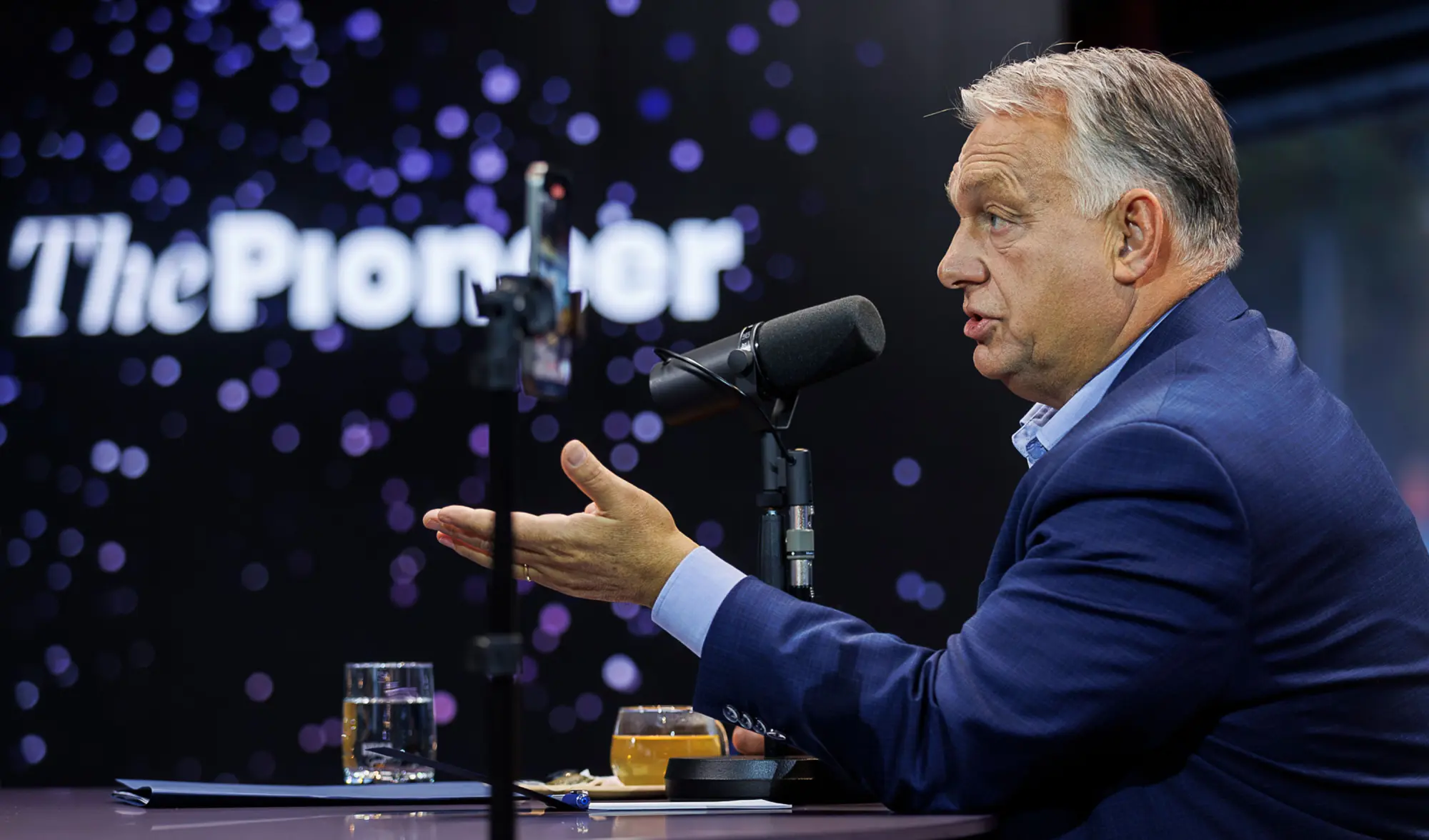In an interview with The Pioneer’s Gabor Steingart, published earlier today, Prime Minister Orbán contrasted the records of Trump and Joe Biden, emphasizing Trump’s efforts to avoid conflicts, which, according to the prime minister, align better with Europe’s interests.
"Trump closed conflicts and didn’t start any new wars," Prime Minister Orbán said, highlighting the Middle East as an area where Trump’s diplomacy was particularly effective. In contrast, PM Orbán expressed concern about the current U.S. administration, stating that it has led Europe into a war in Ukraine, an outcome he views as detrimental to European stability. "From a European point of view, Trump is the number one candidate for all of you," he asserted, proposing Trump’s foreign policy as beneficial for Europe’s peace-loving nature.
PM Orbán has made his stance on the war in Ukraine clear: that Europe is on the losing side and must change its strategy. "Now we are losing, and somebody should bear the responsibility," he said, pointing to European leaders and the European Commission, whom he said are dragging Europe into a conflict where its interests are not adequately protected.
According to Prime Minister Orbán, Europe has acted as though the war is its own, offering significant financial and military support to Ukraine. "We behave like it was our own war, and now we are losing," he added, suggesting that negotiations, not further escalation, are the only way forward. He also criticized the lack of contact between the warring parties, calling the refusal to negotiate with Russia a "huge mistake."
The prime minister’s comments on Ukraine are closely tied to his broader critique of the European Union’s political shift under the leadership of Ursula von der Leyen. He argued that the Commission has become overly political, particularly in its handling of the war, deviating from its previous role as a neutral, treaty-based body.
When the conversation shifted to Hungary’s relationship with Russia, Prime Minister Orbán defended Hungary’s approach to President Vladimir Putin, which has often been criticized. Responding directly to accusations of being "cozy" with Putin, PM Orbán insisted that Hungary's stance on Russia must not be confused with the events of 1956 when Hungarians rose up against Soviet control. "Hungary was never part of the Soviet Union, never part of the Russian Empire," he explained, drawing a distinction between the historical context of the Cold War and the present-day situation with Ukraine. For Prime Minister Orbán, the two cannot be compared: "You can't compare 1956 with today’s events."
Prime Minister Orbán also reiterated Hungary's strong ties to NATO and dismissed fears of Russian aggression towards Hungary, noting that "Ukraine is not a member of NATO; Hungary is." Hungary’s membership in the alliance makes the idea of a Russian invasion "ridiculous,” he stressed.
When asked about whether Hungary would provide military aid to Ukraine, Prime Minister Orbán stood firm in his position. "We will not deliver any weapons at all to Ukraine," he said, maintaining that Hungary's role should be limited to humanitarian assistance.

